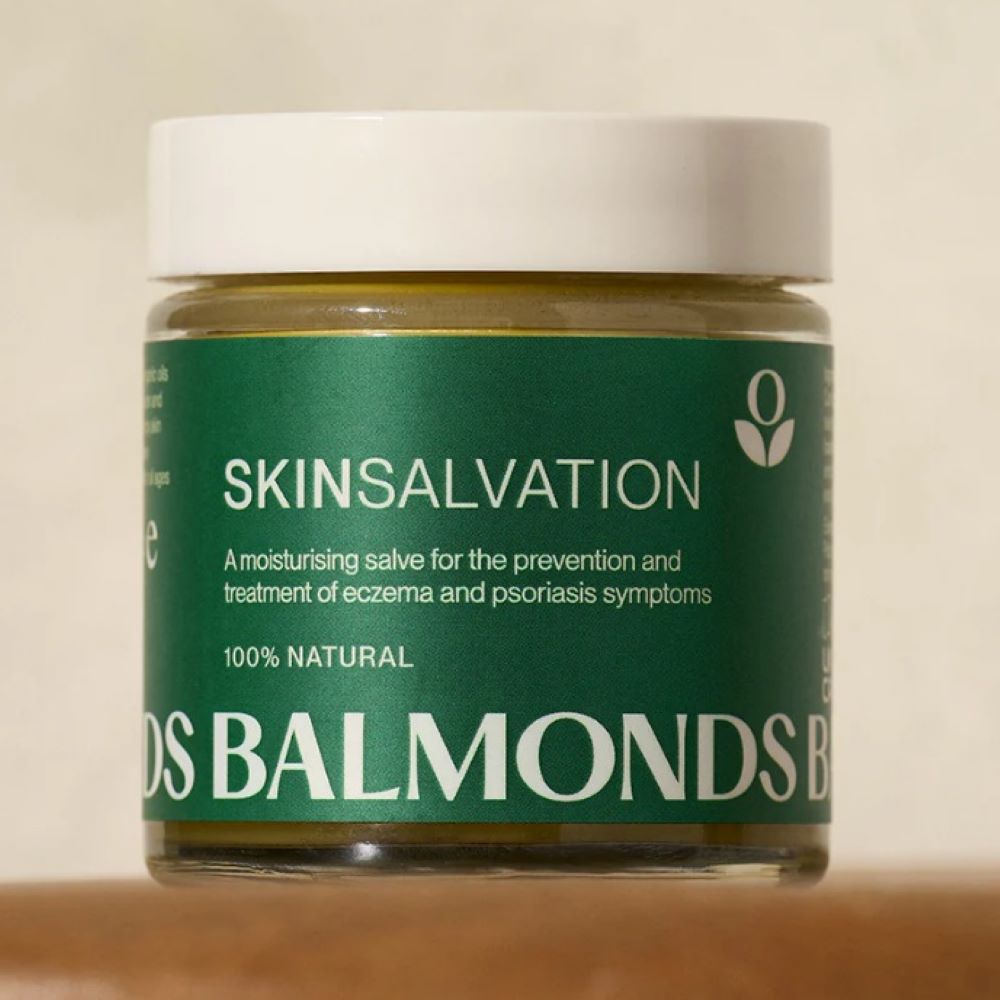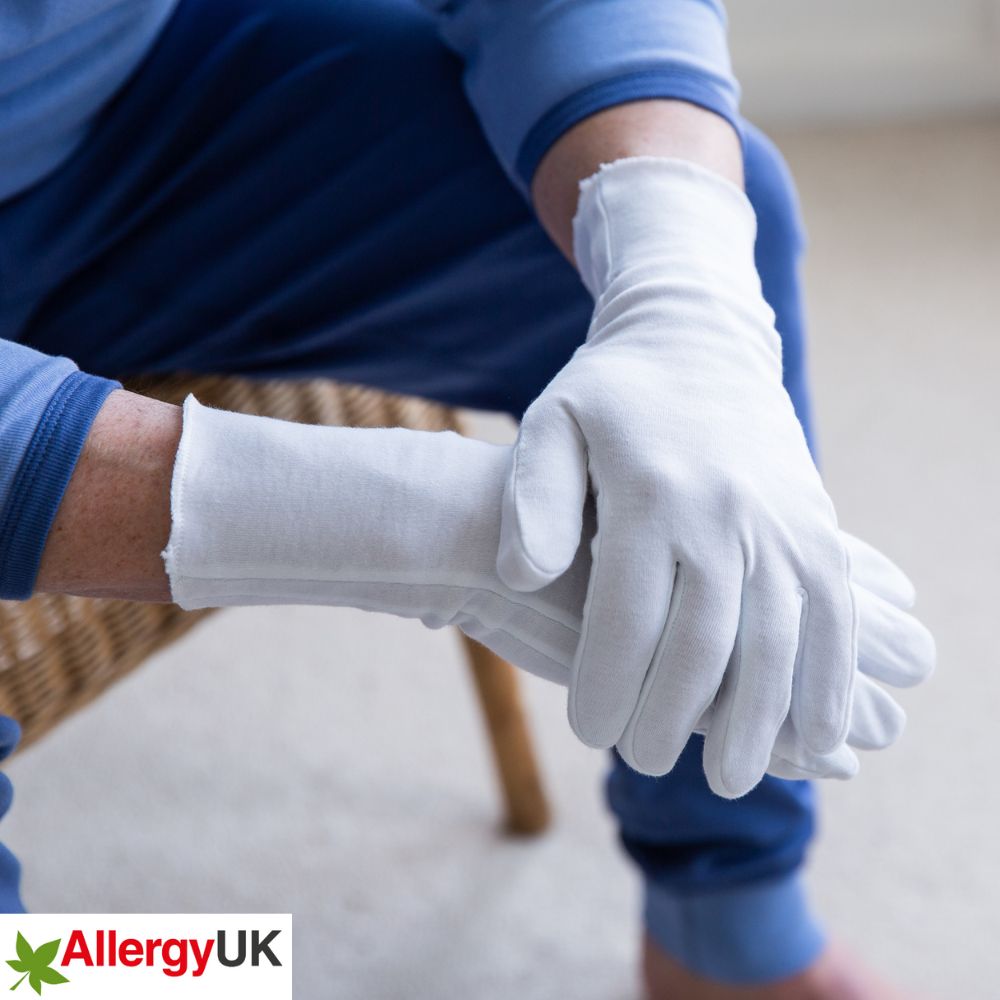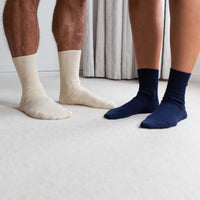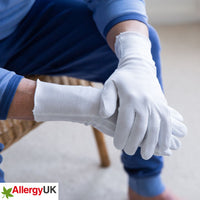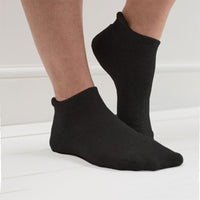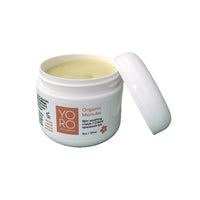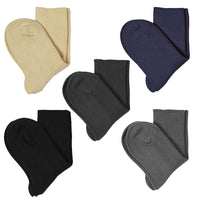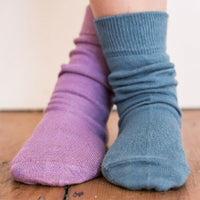
Eczema and allergies: How to pollen proof your picnic
Eczema and allergies: How to pollen proof your picnic
With half term approaching and warmer days ahead, we’re all looking forward to filling our diaries with picnics, outdoor play dates, and some much-needed leisure time after a challenging winter of being cooped up indoors.
However, for those of us with hay fever and other allergies the arrival of grass pollen season is likely to be making us itch already (cue running mascara, blood shot eyes, and tissues surfacing like mushrooms out of every pocket).
We believe that fresh air can do the world of good for both our body and mind, so we’ve compiled a list of four of our top tips to pollen proof your picnic this bank holiday and make your time outside with loved ones as comfortable as possible.
1 – Timing is key
If you’re anything like us, trying to remember when the pollen is high or low has become a bit of a headache. Add to this recent news about a dry April resulting in increased levels of circulating pollen, and one can easily feel overwhelmed and ditch the outdoor plans entirely.
We recently read some advice from Dr Adrian Morris, a specialist based at the Surrey Allergy Clinic, which we found demystified things a little:
So, unless your picnic pals are a bunch of early risers, we would suggest that you plan your outdoor adventures after midday.
We always like to be extra careful and check the pollen forecast on the day, you can do that here: https://www.metoffice.gov.uk/weather/warnings-and-advice/seasonal-advice/pollen-forecast#?date=2021-05-14
2 –Showering once you get in
Showering after being outdoors can help alleviate hay fever symptoms. This is because pollen can cling to clothes and skin, so it’s a simple and worthwhile solution to curb any itching. Make sure to bathe children too as if they plan any grass rolling fun, they’re likely to be the biggest pollen culprits.
For those of us lucky enough not to be bothered by pet related allergies, lockdown has seen a flurry of new furry family members and it’s important to remember to look after our canine friends too – yes even they can get hay fever! Animal charity Blue Cross suggest gently wiping your pets’ paws with a damp cloth as well as washing bedding regularly to ensure pollen brought indoors is kept to a minimum – which will help you as well as them.

3 - Wearing sunglasses
Allergy UK suggests wraparound sunglasses as another top tip for pollen prevention this Spring. This is because they fit snugger to the face acting as a barrier to the delicate eye area.
Wraparound glasses have the added benefit of protecting your eyes from the sun’s rays from all angles, something to be particularly mindful of for those of us with sensitive skin.
4- Wearing an organic cotton face covering
There has been some research to suggest that wearing a face mask can alleviate the symptoms of hay fever. The use of face masks in the treatment of allergy symptoms is no new concept and Dr. David Corry, professor of medicine in the section of immunology, allergy and rheumatology at Baylor comments that:
“Anything that reduces your exposure to airborne allergens, such as masks, will reduce your allergy symptoms by blocking exposure to the agent you are allergic to.”
Provided that you are washing your mask frequently to avoid pollen build up, mask wearing could be an alternative to try out this season.
As allergies and skin sensitivity often go hand in hand, we recommend our organic cotton face coverings, specially designed to avoid the eczema prone ear area and with interchangeable washable filters to maximise protection.
We have had great feedback from our customers on these masks and still have some kids sizes available here

We are all so looking forward to catching up with our nearest and dearest and are keeping our fingers crossed that the sun will make a welcome appearance for all those long languishing days ahead. We know that hay fever can be extremely uncomfortable and anxiety inducing for those of us that suffer from it, but we really hope that these top tips might help a little, or at least give you some more ideas to test out!
Do let us know how you get on.
Love
Miranda - Head of Content & Community

